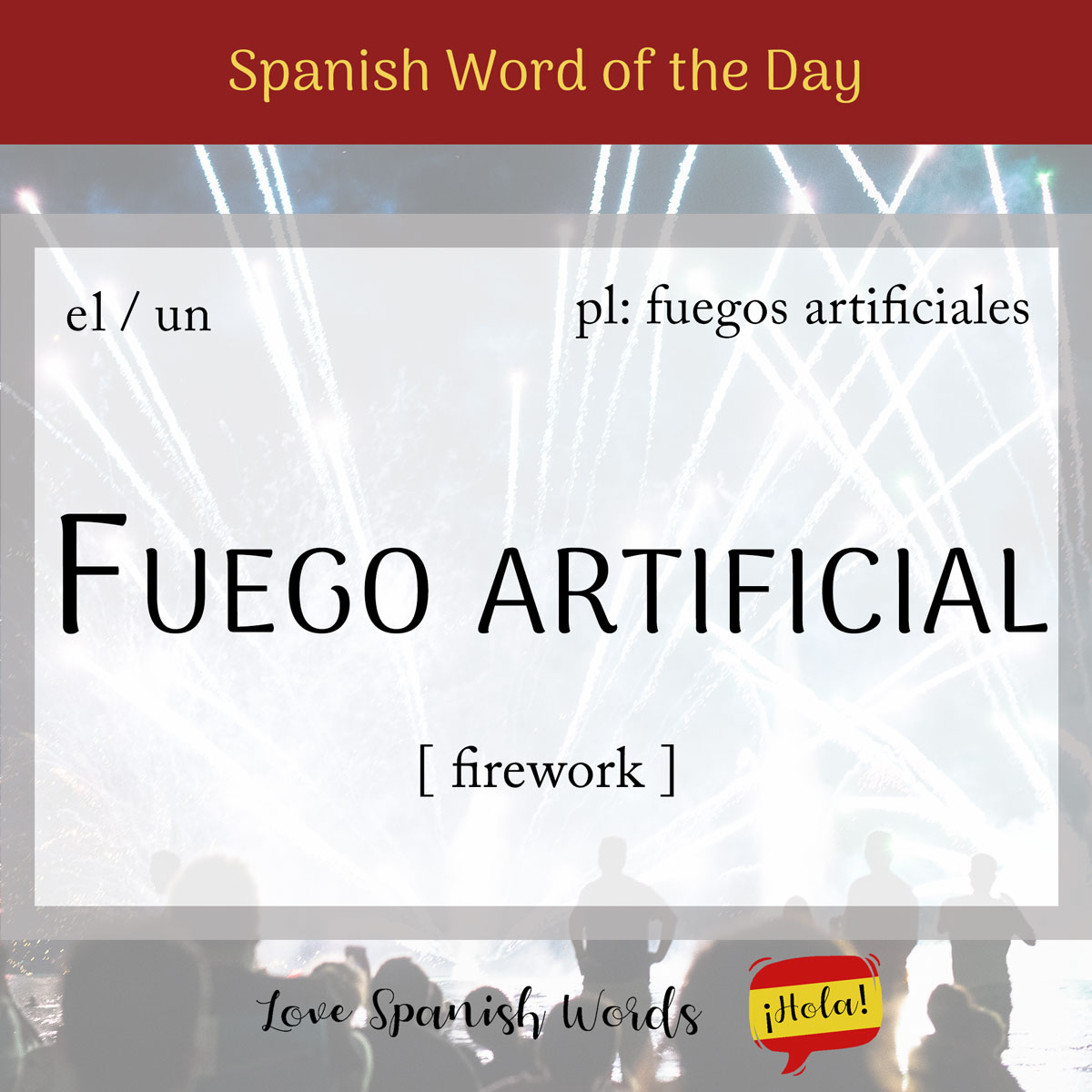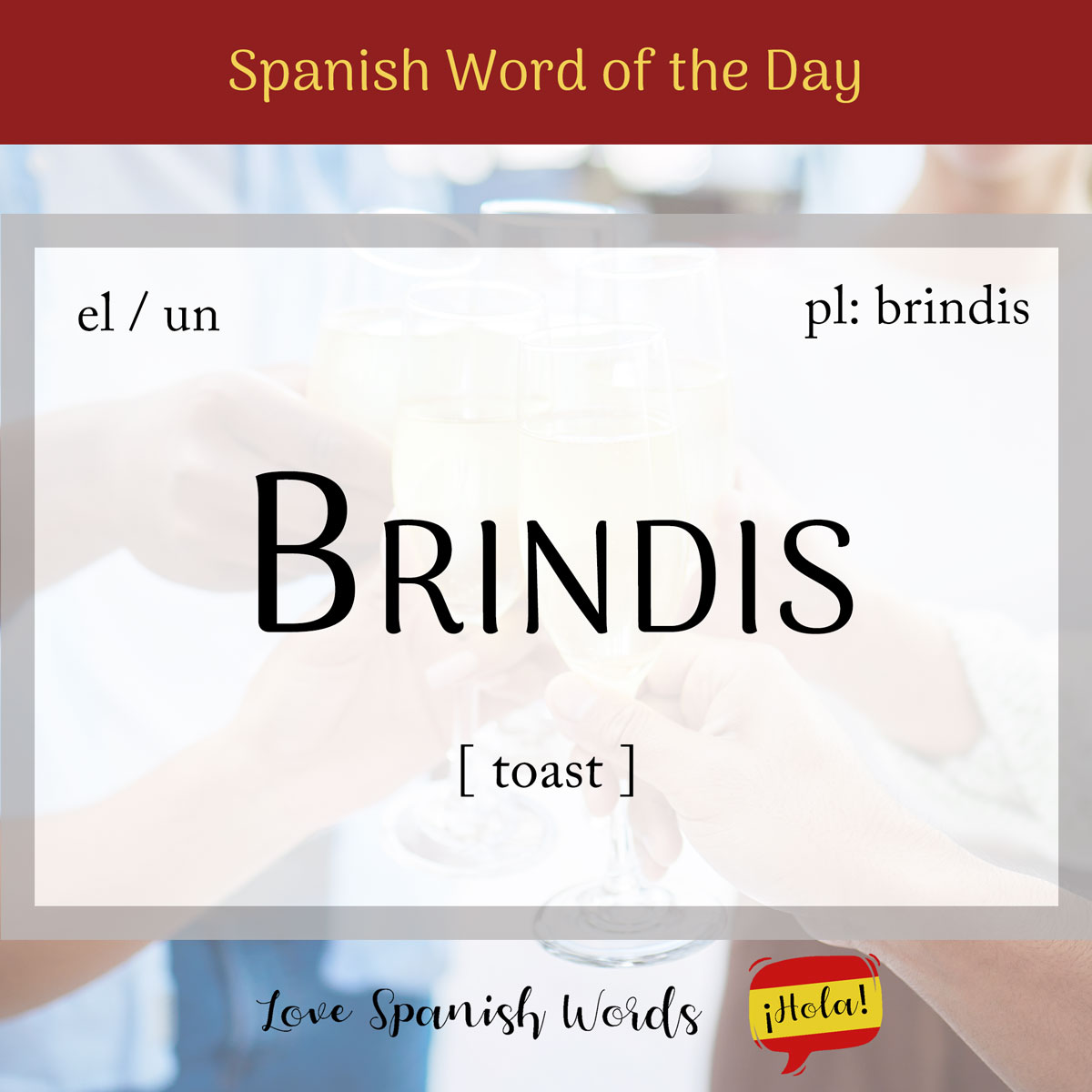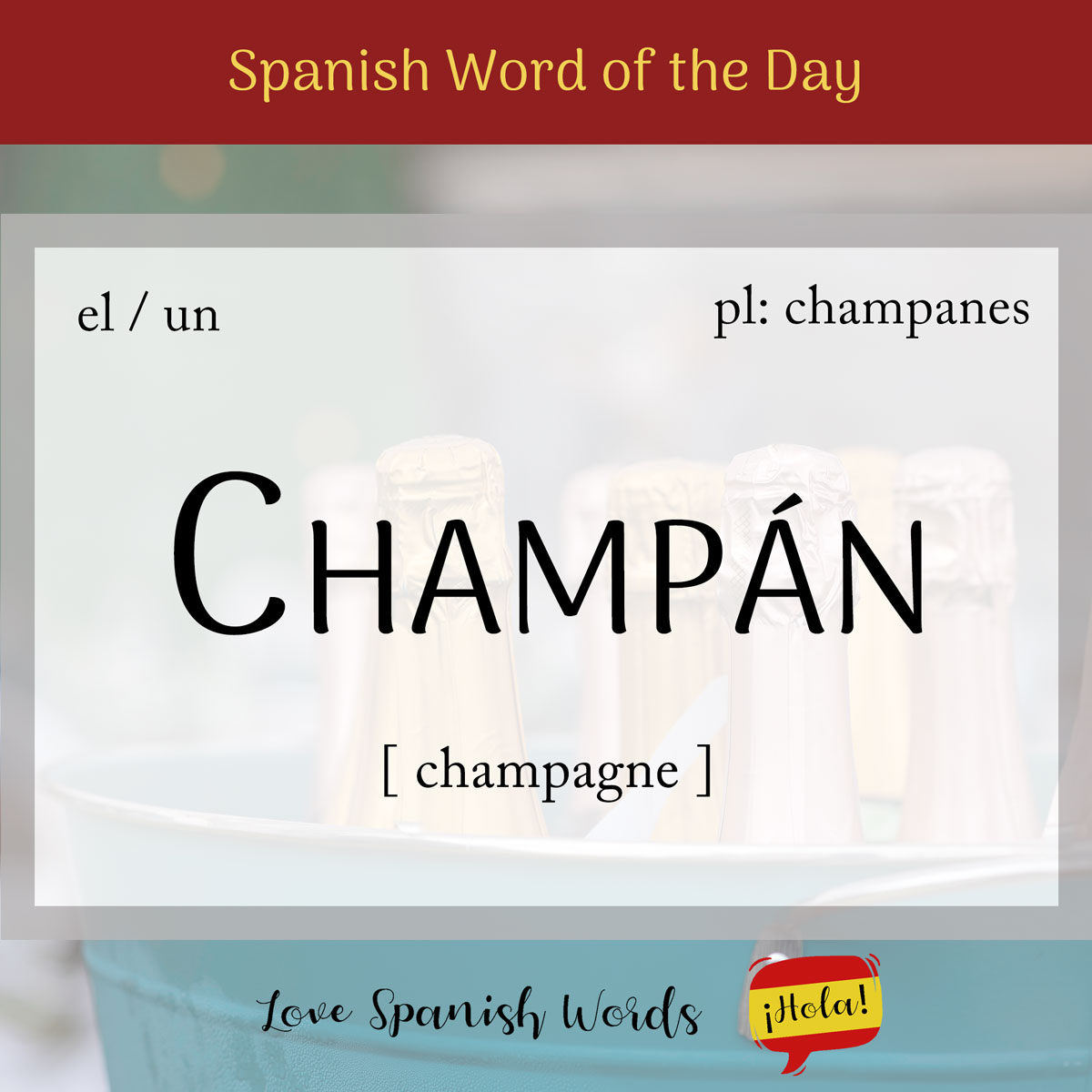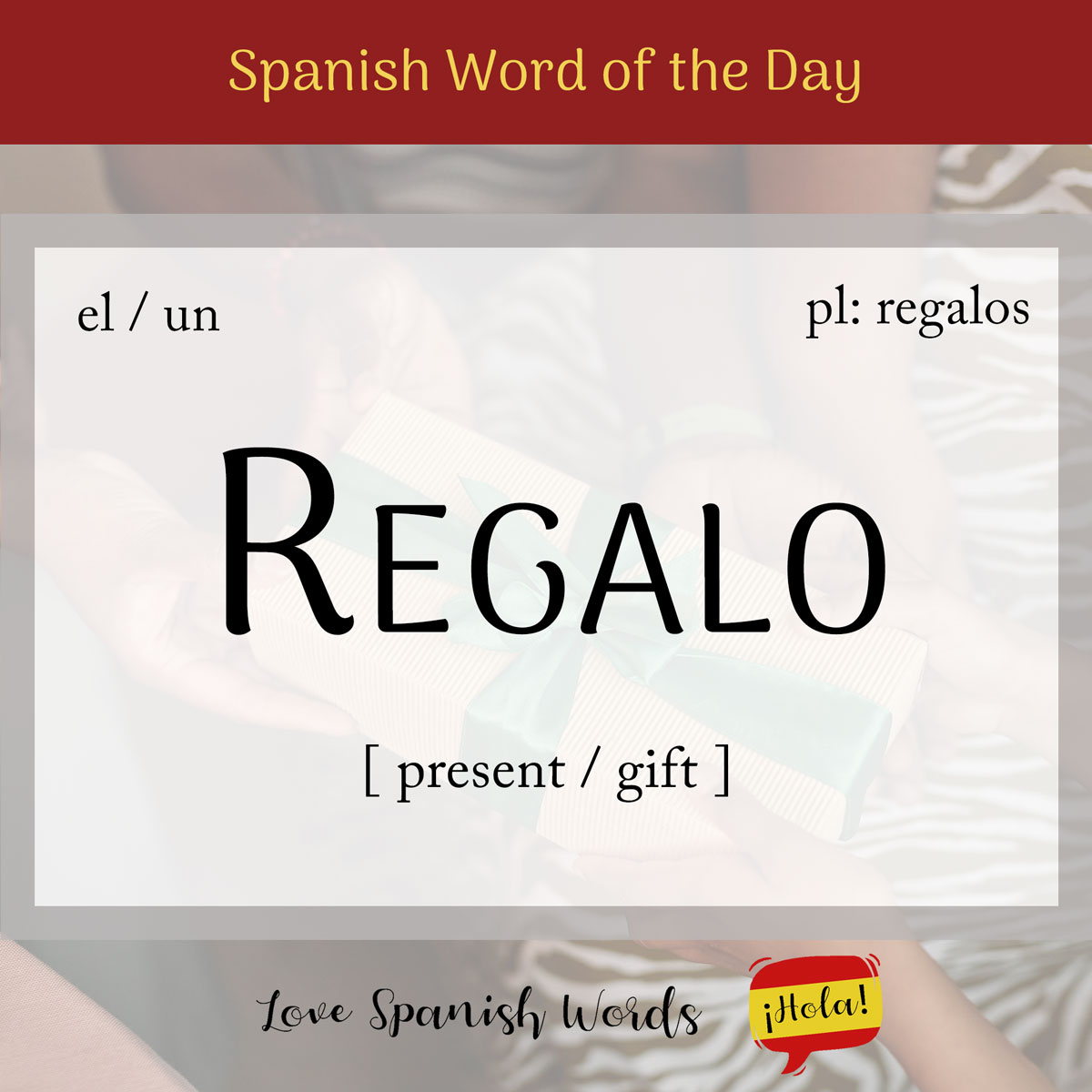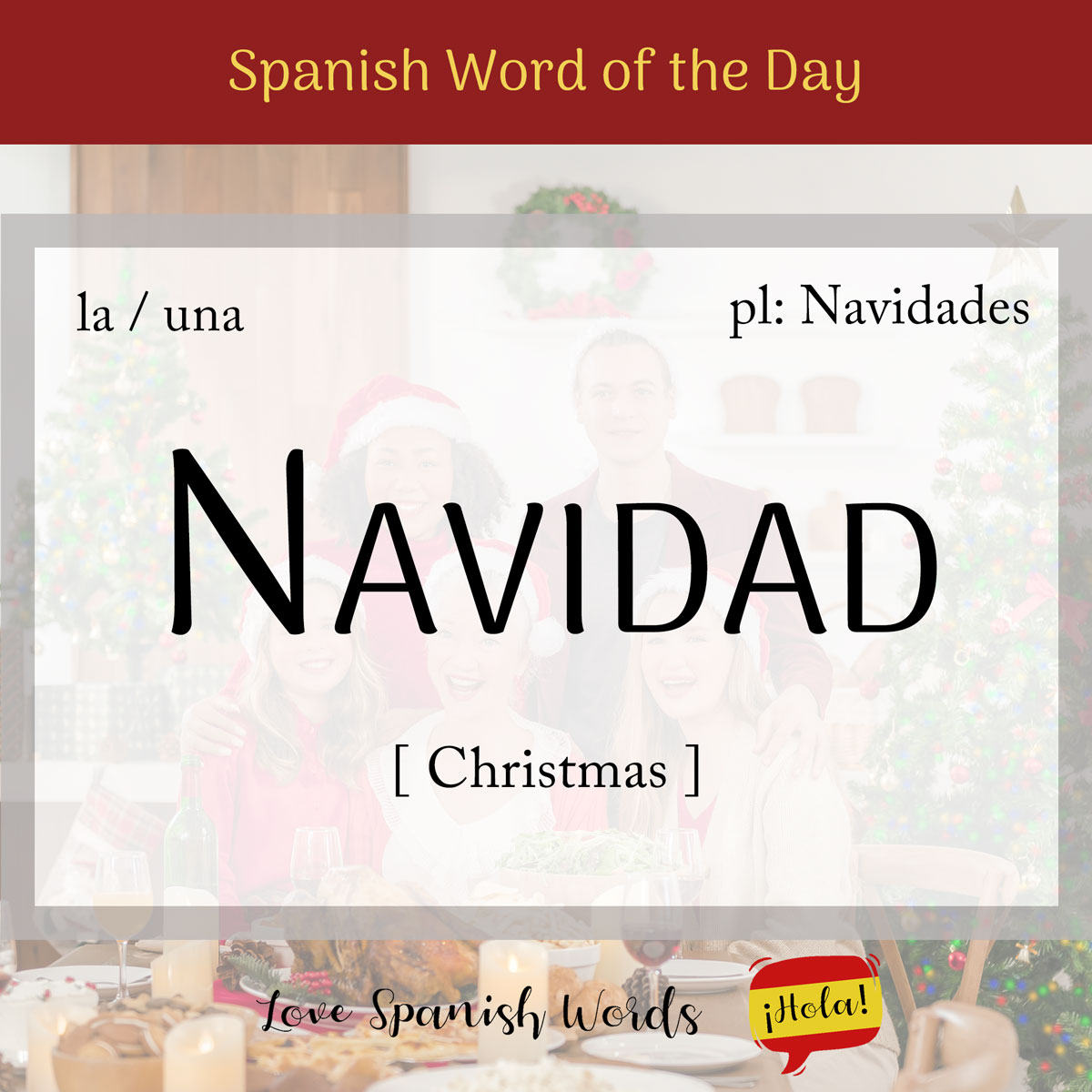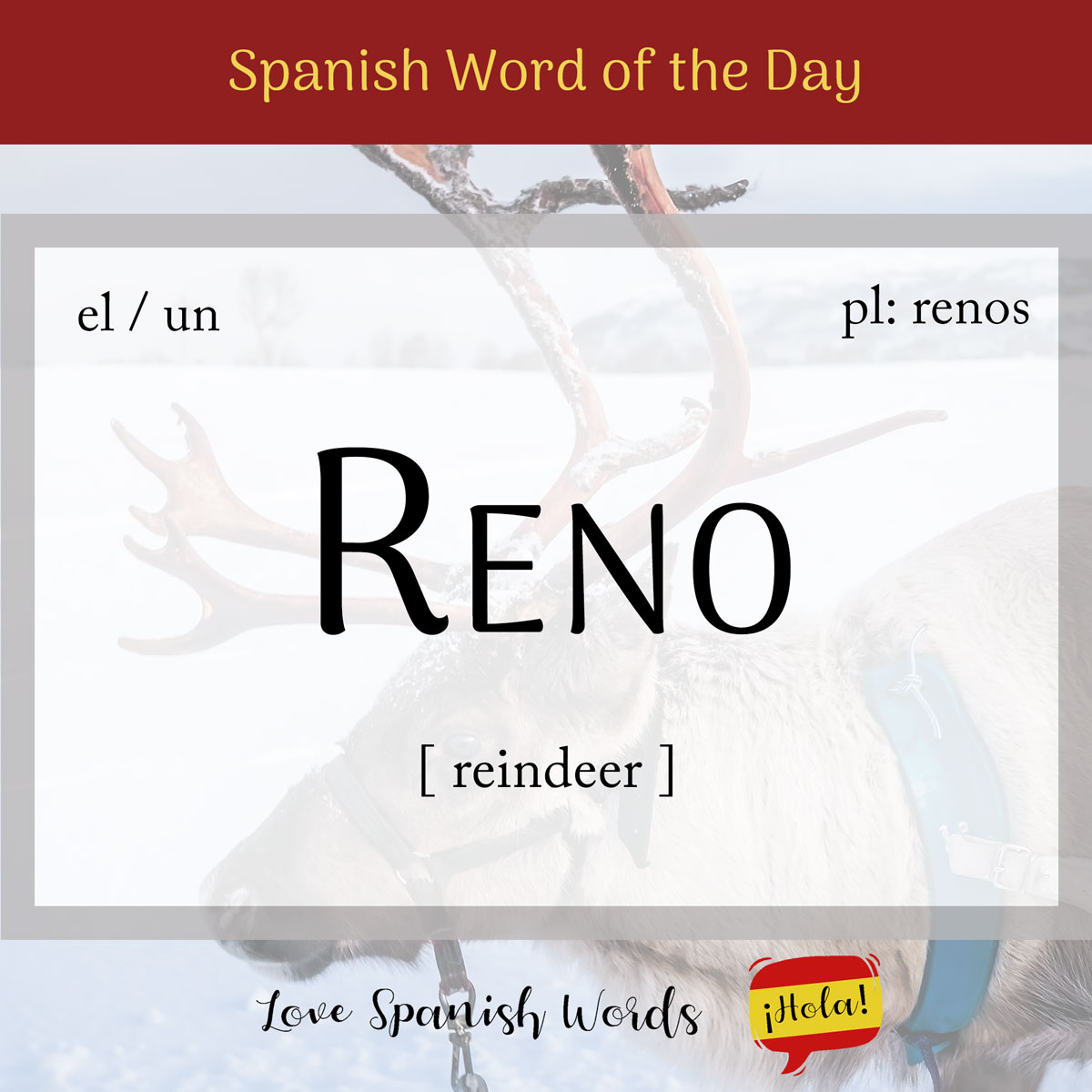Spanish Word of the Day: Fuego artificial (firework)
We see them lighting up the night sky on New Year’s Eve, at weddings, and on Independence Day, bursting, exploding, and dazzling us with vibrant colours and shapes. Those magical displays of light that turn the dark sky into a canvas are fuegos artificiales, or what we call fireworks in English. The term fuego artificial …

